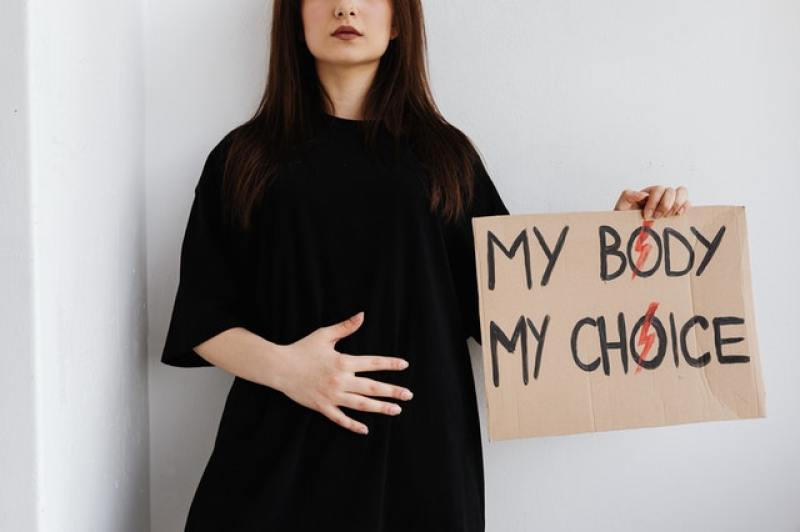
Colorado Governor Jared Polis codified access to abortions in the state when he signed House Bill 1279 on Monday.
The Denver Channel reported that House Bill 1279 or the Reproductive Health Equity Act prohibits the punishment of any citizen in the state to access abortion and contraception as part of their health care rights.
This comes a day before the hearing set by the California Assembly Judiciary Committee to hear AB 2223, which is otherwise known as the Infanticide Bill. The bill, which is one of the laws meant to expand abortion in California, allows abortion even after a week a child is born. AB 2223 similarly punishes anyone who intervenes or prevents a woman from hurting or killing her child in the state.
In a letter addressed to the Colorado General Assembly on April 4, Polis announced signing House Bill 22-1279 which allegedly codifies the "fundamental right to make reproductive health-care decisions free from government interference." Polis explained that the law "codifies existing protections in statute."
"In the State of Colorado, the serious decision to start or end a pregnancy with medical assistance will remain between a person, their doctor, and their faith. I want to thank the sponsors and the General Assembly for ensuring that regardless of what happens federally, in Colorado these vital and oftentimes difficult decisions will continue to be made by Coloradans alone free from government interference," Polis said.
Polis elaborated that the bill does make any changes to current laws on parental notification when it comes to minors having an abortion. The bill, he said. also prevents any person from having an abortion against their will or conscience. It only maintains the current status quo in the state by giving it protections from the federal level.
This alludes to the possibility of Roe v. Wade from being overturned once the United States Supreme Court decides to side with Mississippi's Gestational Age Act, which prohibits abortions on pregnancies 15 weeks onwards through the Dobbs v. Jackson case. The Supreme Court would determine the constitutionality of states banning abortions, pending a decision this June or July.
Accordingly, HB 1279 counteracts the Texas Heartbeat Act or Senate Bill 8, which took effect on September 1. The law, according to Planned Parenthood, has pushed 1,034 patients to travel to Colorado, Nevada, and New Mexico for abortion services.
Planned Parenthood Regional Director of Communications Neta Meltzer told the Denver Channel that there is a significant increase in the number of women seeking abortion in the said three states since SB8 was implemented as compared to previous months or years. Other abortion clinics in Colorado also reported experiencing an increase in patients from out-of-state.
"We're definitely seeing an influx of specifically Texas patients, but we've also seen Kansas, Oklahoma, Georgia, New Mexico, Wyoming," Health Futures for Women Practice Manager Margie Andersohn told the Denver Channel.
Anderson said that some of their patients even come from New York. While some of their patients even sleep in their cars as they wait for their turn to have an abortion in Colorado being from out of state. Anderson is looking forward to the United States Supreme Court's decision on the Dobbs v. Jackson case.
Comprehensive Women's Health Care Medical Director Dr. Rebecca Cohen, on the other hand, revealed that 20% of her patients come from Texas. Their clinic is currently operating to its limits for treatment due to the increase in demand for abortion in Colorado. Cohen similarly anticipates the Supreme Court decision later this year, which she projects would bring a hoard of new patients to the state.






















